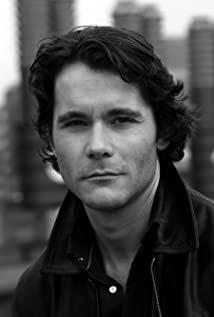Hannah Arendt made her famous point that the crimes committed by Eichmann were not extreme evils, but banal evils that every little person could commit under a system of evil evil. Because they completely gave up the right to think and replaced their own thinking with the thinking of the system. If you give up thinking and let the thinking of the system replace your own thinking, you will inevitably lose your own conscience, and will inevitably lead to the evil of mediocrity. Evil has always been radical, it has no depth and no magic. It could destroy the whole world precisely because of its mediocrity! In a totalitarian state, there is no truth, and the people cannot get the truth. The supreme ruler also cannot get the truth because the information is filtered and concealed at various levels. Those who know the truth are even more afraid to tell the truth because of fear. So the country is thriving everywhere. When the chain of evil is long enough to see the whole picture, then the perpetrators of each link have reason to feel innocent. What thinking shows is not knowledge, but the ability to distinguish right from wrong, the ability to judge beauty and ugliness. - Hannah Arendt
View more about Hannah Arendt reviews










